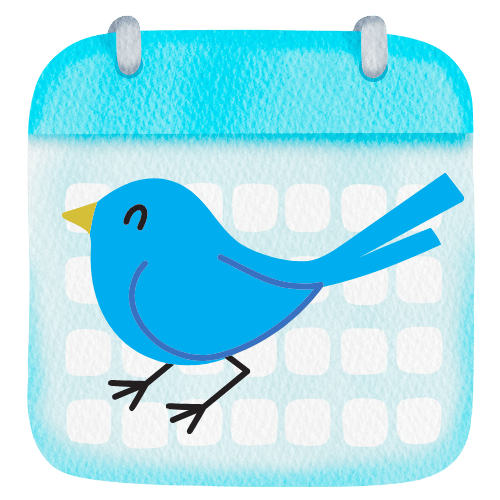Choosing the right scheduling software can feel overwhelming—especially when every tool promises to “save you time” and “streamline your bookings.” But how do you know what features actually matter? What should you be looking for if you run a small business, coach clients, or manage a team?
We’ve rounded up the most frequently asked questions about scheduling tools and turned them into practical tips you can use right now. Let’s get you on track to choose a system that actually works for your business—not just another app you sign up for and forget.
1. Do I really need scheduling software?
Yes—if you're booking anything manually. Whether it’s client calls, sessions, interviews, or classes, using email back-and-forth wastes time and often leads to double bookings or confusion. A scheduler acts like your silent assistant: it works while you sleep, prevents conflicts, and lets your clients book with ease.
2. What features should I prioritize?

Start with the basics: calendar sync (Google or Outlook), time zone handling, confirmation emails, and buffer times. Then ask yourself:
-
Do I need to accept payments?
-
Do I need to host group sessions?
-
Do I want to offer recurring bookings or packages?
The more tailored your business, the more critical these extra features become. For example, wellness pros or coaches may benefit from something like SimplyBook.me or HoneyBook which handle invoicing and intake forms too.
3. Can I brand my booking page?
A generic scheduler doesn’t inspire trust. Look for platforms that allow you to customize your booking link with your logo, brand colors, and even custom domain. Book Like A Boss and Setmore are great for that. Your booking page should feel like an extension of your business—not a third-party app.
4. How do I avoid no-shows?
A good scheduler sends automated reminders via email or text, and lets you build in cancellation policies and reschedule windows. This sets clear expectations and drastically reduces missed appointments. If it doesn’t offer reminders, skip it.
5. Is it mobile-friendly?
If you or your clients are likely to book on the go, mobile optimization is non-negotiable. Check how the platform works on phones and tablets—not just for booking, but for rescheduling, calendar access, and admin tasks too.
6. What if I run a team or have multiple services?
Choose a scheduler that allows multiple team members, calendars, or service types. Tools like Appointlet or Simply Schedule Appointments let you set up services by staff member, so the right person is booked every time.
7. Does it integrate with other tools I already use?
Great scheduling software should connect easily with tools like Zoom, Stripe, PayPal, CRMs, or email marketing platforms. Integrations reduce manual work and help you automate follow-ups, confirmations, and payment tracking.
8. Is it secure enough for client data?
If you work in sensitive fields like health, wellness, or coaching, consider whether the platform is HIPAA-capable or GDPR compliant. Some tools store data on your own site (like Simply Schedule Appointments), while others handle it for you—but always make sure there are clear data protection measures in place.
9. How much does it cost—and what am I really paying for?
Free tools like TidyCal or Google Calendar might be enough if your needs are simple. But once you want to accept payments, automate communication, or manage multiple services, a small monthly fee can actually save you money by freeing up your time and reducing client churn.
Final Thought:
The best scheduler is the one that supports your workflow—not someone else’s idea of how you should run your business. Take time to explore features, test usability, and start simple. The payoff? Less admin, happier clients, and more time to actually do your work.
👉 Want help picking the best scheduler for your business? Browse our curated directory for real reviews, side-by-side comparisons, and beginner-friendly options you can trust.


 Setmore
Setmore
 Book Like a Boss
Book Like a Boss
